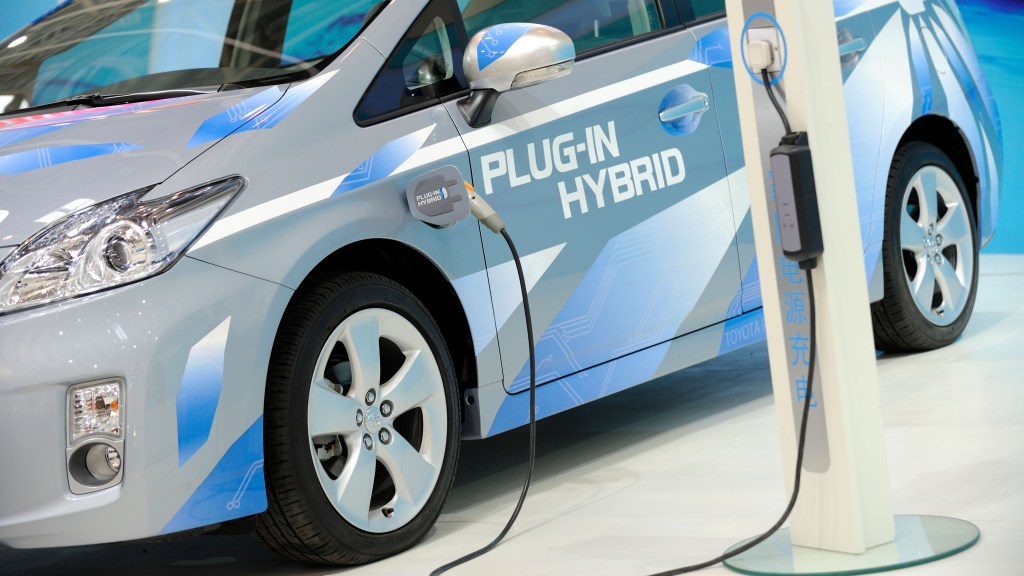UK Government May Revise EV Sales Ban, Allow Hybrids Until 2035
Officials are contemplating a significant revision to the strategy aimed at prohibiting the sale of all new petrol and diesel vehicles by 2030. This change could potentially permit vehicles such as the Toyota Prius hybrid to remain on the market for an additional five years, as reported.
The discussions regarding this adjustment are part of a wider consultation initiated this week by Jonathan Reynolds, the Secretary of State for Business.
Full hybrids, which include models like the Toyota Prius, are designed to lower emissions but do not enable extended driving solely on electric power. Unlike their plug-in counterparts that feature more extensive battery systems, these hybrids recharge their batteries using their internal combustion engines rather than external charging stations.
A modification of these regulations would be positively received by the automotive sector, as industry representatives have expressed concerns over the readiness of both manufacturers and consumers to completely phase out internal combustion engines within the next five years.
Currently, the regulations mandate that zero-emission vehicles must constitute at least 22% of new car sales and 10% of new van sales for this year. Companies that do not meet these quotas must obtain permits from other manufacturers or face financial penalties. This requirement is set to escalate, with expectations for 80% of sales to consist of electric vehicles by 2030.
Stellantis, the parent company of the Vauxhall brand in the UK, has attributed its decision to close its van manufacturing facility in Luton, endangering 1,100 jobs, directly to these regulations. The company plans to shift production of Vauxhall, Peugeot, and Fiat branded vans to Ellesmere Port. Additionally, Stellantis warned in July that it may cease UK production entirely unless the government takes further action to foster electric vehicle demand.
Ford has also announced plans to reduce its workforce by 800 positions in the UK due to disappointing electric vehicle sales, while Nissan has cautioned about potential job losses in manufacturing unless the current scheme is relaxed. Toyota has consistently advocated for the continuation of full hybrid vehicle sales until 2035, emphasizing that this would bolster the future of its UK manufacturing site in Burnaston, Derbyshire.
According to the Financial Times, the regulatory framework may also be adjusted to enhance options for manufacturers to purchase permits from competitors or avoid penalties for failing to meet early targets by committing to higher performance in subsequent years.
“We will focus heavily on flexibility,” a government source reportedly stated.
Recent statistics from the Society of Motor Manufacturers and Traders indicated that electric vehicles represented 18% of sales from January to October, falling short of the 22% requirement. Meanwhile, full hybrids accounted for 13.5% of sales, and plug-in hybrids made up 8.4%.
The Department for Transport was approached for a statement regarding these developments.




Post Comment